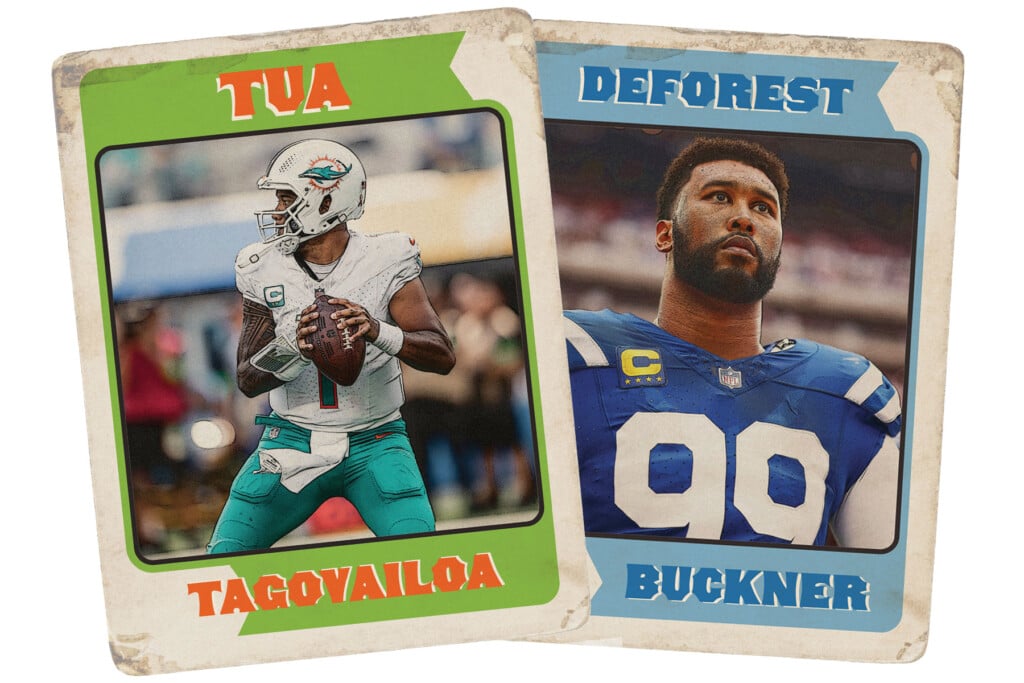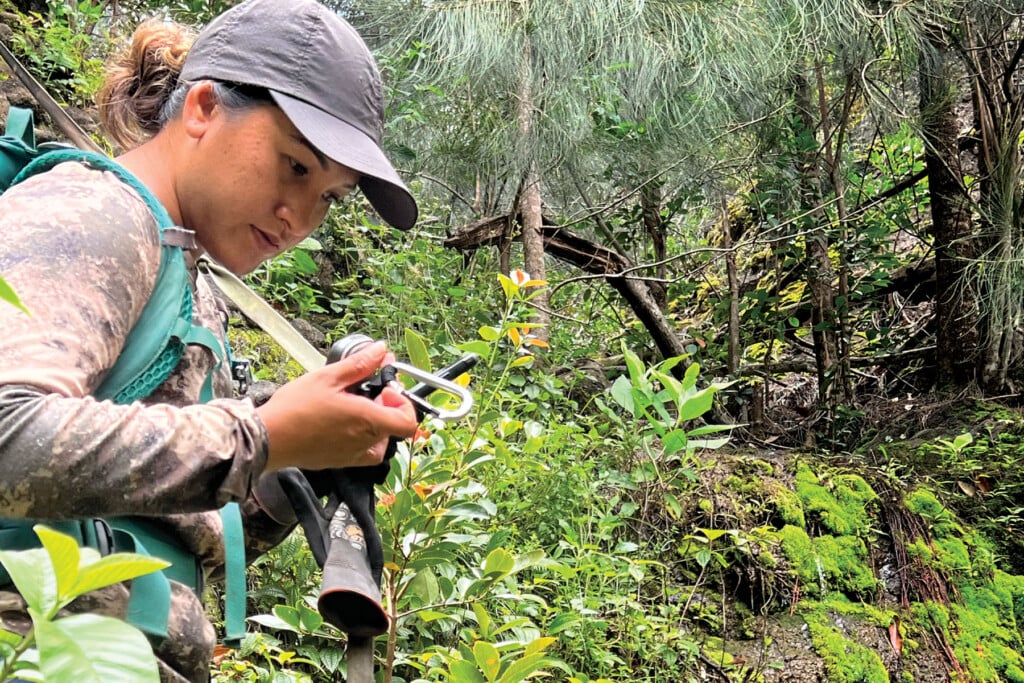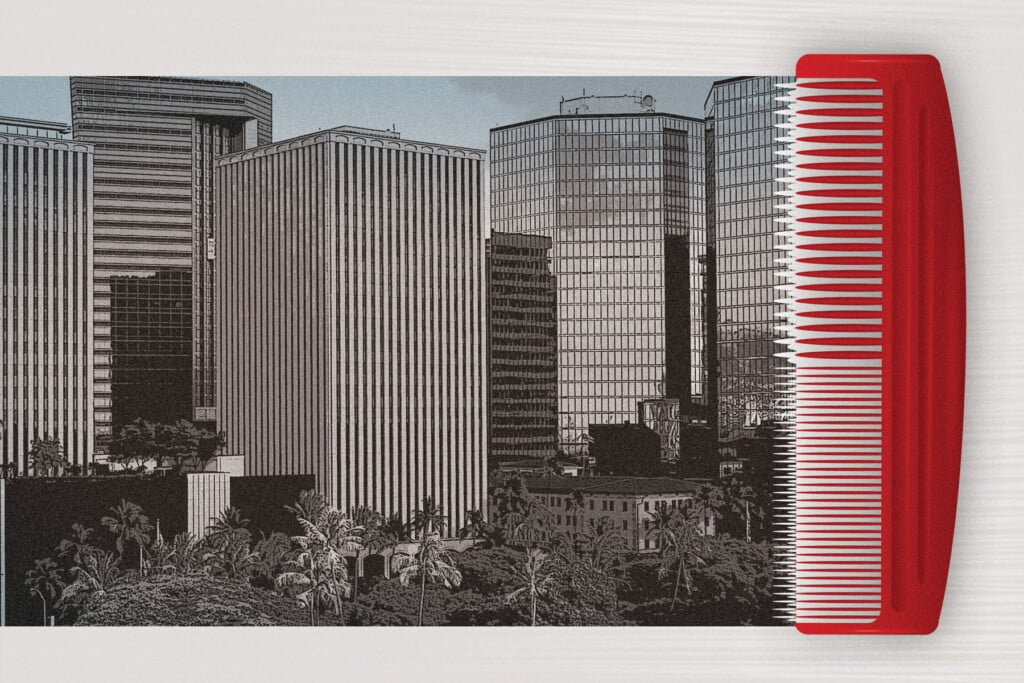My Job Is Teaching the Next Generation of Voyagers
Bonnie Kahape‘a-Tanner helped found the Kānehūnāmoku Voyaging Academy, which uses a double-hulled sailing canoe in its Hawaiian culture programs.

Name: Bonnie Kahape‘a-Tanner
Job: Founder and Project Director, Kānehūnāmoku Voyaging Academy
Beginnings: Bonnie Kahape‘a-Tanner’s love of the ocean began while growing up in Kāne‘ohe, where she would fish and paddle in the bay with her father. Her early jobs included one with a tour boat company and another at the Hawai‘i Institute of Marine Biology, which is based at Coconut Island in the bay.
She went on to earn a bachelor’s degree in Hawaiian studies at UH Hilo, a master’s in counseling psychology at Chaminade University, and another master’s in transformative learning and change at the California Institute of Integral Studies.
After preparing for about two years, she sailed for three months in 1999 from Hawai‘i to Micronesia on the voyaging canoe Makali‘i. Since that journey under the direction of Micronesian master navigator Mau Piailug, she’s been sailing, teaching and sharing her voyaging knowledge.
Path to Teaching: “In college I really started to learn about my Hawaiian culture and then also working with youth.”
At UH Hilo, Kahape‘a-Tanner was involved with the Nā Pua No‘eau, a program that offers educational enrichment opportunities for Hawaiian children. Kahape‘a-Tanner later worked on ocean-based learning with students at the Marimed Foundation in Kāne‘ohe.
Inspiration: After completing the voyage on Makali‘i to Micronesia, she knew she had to return to Hawai‘i.
“Piailug’s wish for us was: ‘You need to go home, and you need to share what you learned from me and share what you learned from the voyage.’ ”
Founding a School: In 2002, Kahape‘a-Tanner helped establish Hālau Kū Māna Public Charter School and launched Kānehūnāmoku, a 29-foot, double-hulled coastal sailing canoe, now based at Ka‘alaea in Kāne‘ohe Bay.
“The ocean itself has so many healing properties to it, and then when you mix the ocean with a structured program to bring about health and wellbeing for young people, I really saw the power in that.”
“There were immersion schools within the DOE Hawaiian language immersion, but nothing culture based. There was a big push for that and so we started this canoe, Kānehūnāmoku, through the charter school process and through grants.”
The nonprofit Kānehūnāmoku Voyaging Academy continues to work with the school and now offers other programs to ground people in wa‘a culture and practice.
Compensation: Kahape‘a-Tanner and her team are 100% funded by grants for their work with the canoe and cultural education in the community.
“If educators, school teachers only make so little, nonprofit educators are making less or same,” she says.
“Not too many people are willing to devote their whole life to it. And not everybody can do so. We are really blessed to do it.”
Challenges: Kahape‘a-Tanner says finding funding is a big challenge, but “maybe bigger than funding would be access to the ocean – just finding a place for not only our canoe but other canoes like ours that are trying to do similar programs.”
For now, she says, the nonprofit has an agreement over their use of Kualoa Beach Park. There they put Kānehūnāmoku in the water and run programs; however, they must bring the canoe back to their office at the end of the day. The office is a private residence belonging to Kahape‘a-Tanner’s family in Kāne‘ohe, though she says she is trying to find a long-term home for the canoe.
Future of Voyaging: Kahape‘a-Tanner’s dream is that every school child in Hawai‘i has the opportunity to touch and learn about the canoe.
“I think you never know what is going to inspire a young person. And so hopefully we will continue to see the fruits of our labor and the benefits in these kids far beyond their experience with Kānehūnāmoku. And maybe it’s that one time on the canoe that inspires them and will carry them throughout life.”
Volunteer or donate at kanehunamoku.org. “We are always looking for more volunteers, especially for our internship program for Native Hawaiians of adult age.”






